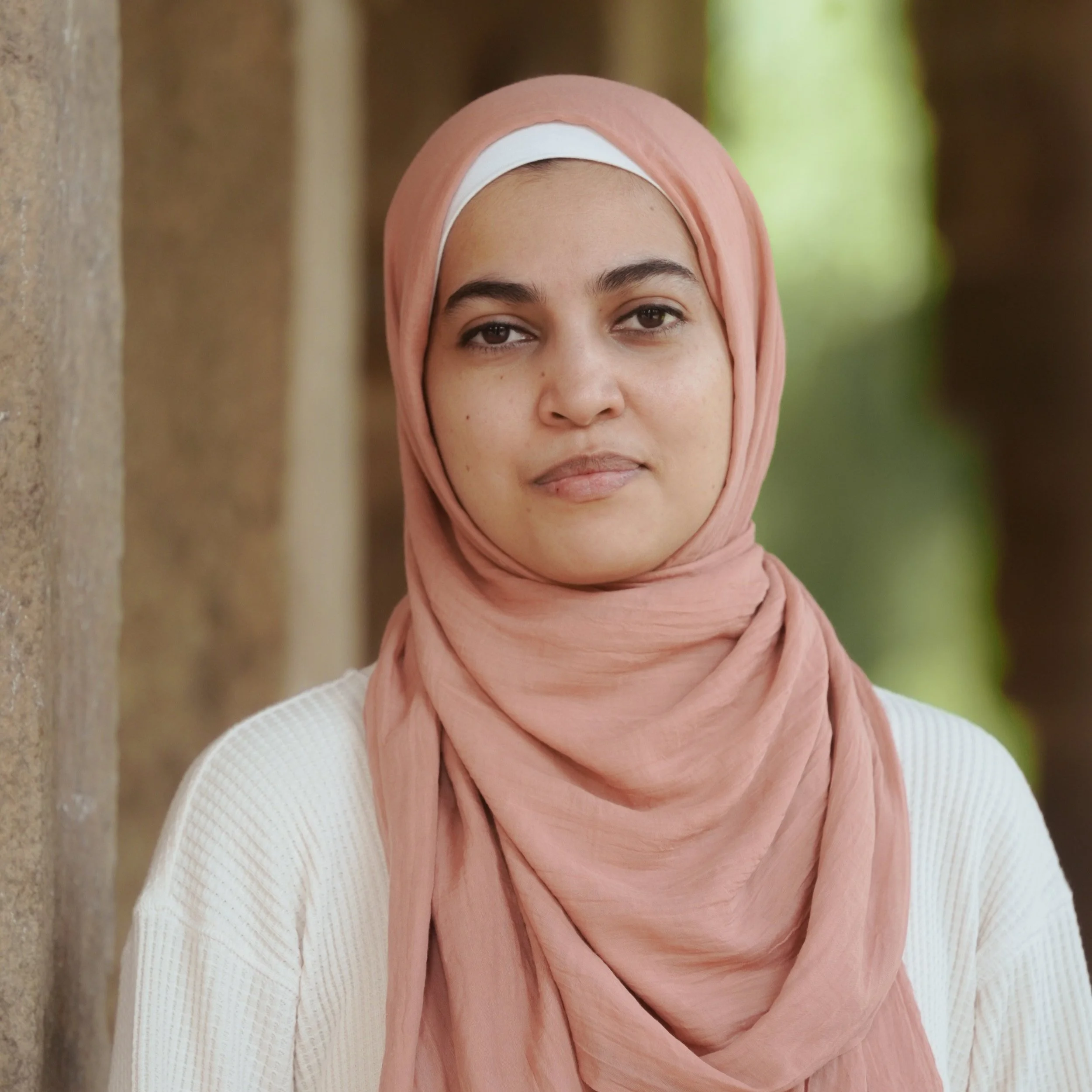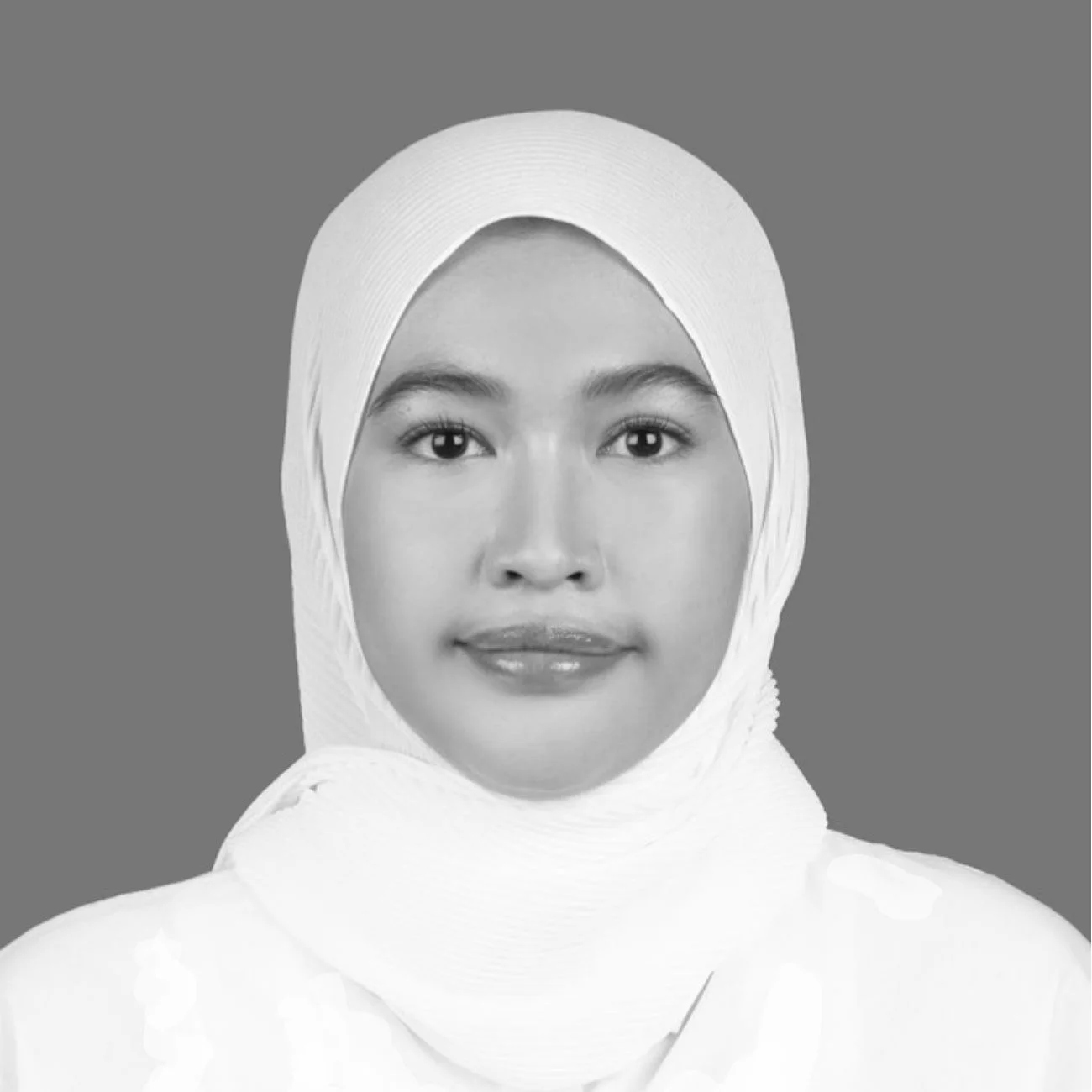Kayvan Seyedin is a first-generation Iranian-American from San Diego, CA and born and raised in Milwaukee, WI. He graduated summa cum laude with Department Honors in Ethnic Studies from the University of California, San Diego. His thesis focused on the recent recirculation and pedagogical mobilization of Iranian-French artist Marjane Satrapi's autobiographical film Persepolis (2007) in the aftermath of Iran's 2022 women-led uprisings. Deploying an anti-Orientalist and anti-Islamophobic framework, his research examines the knowledges codified in Persepolis about Iranian women, men, and post-revolutionary Iran in particular, and Muslim women, men, and collectivities more generally, as well as the discursive effects produced by the film's treatment as an ethnographic work.
Kayvan's research interests are deeply informed by his Iranian-American background and Iran's 1979 Islamic Revolution. He is specifically interested in exploring self-representations produced by Iranian women filmmakers in post-revolutionary Iranian cinema in order to understand how women's identities are simultaneously negotiated and resist hegemonic discourses about Muslim women's oppression. Kayvan's broader research interests include the emergence of Shia liberation theology, political Islam, and manifestations of Islamic modernity in post-revolutionary Iran.







